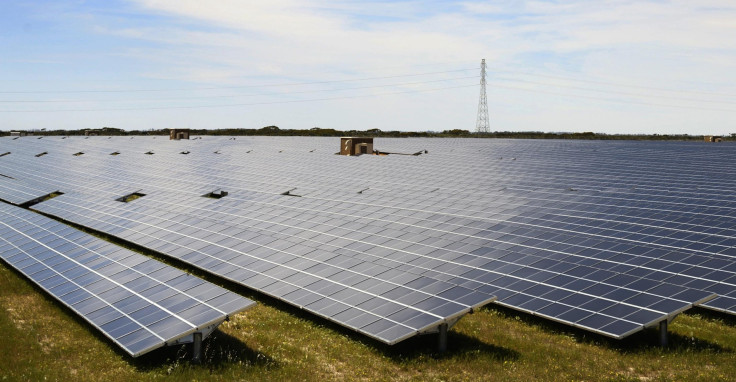Electricity companies to lower costs by offering solar and battery systems to customers

The move by electricity companies to offer solar and battery technologies for lease would not only help them retain customers but also lower their own expenditures, electricity analysts believe. Battery technology is being touted as the next big phenomenon in the energy market, but it is also at the same time too expensive for most customers to install.
"This is going to happen, it's going to be a big phenomenon," John Grimes of the Energy Storage Association said. "So they need to study and learn the technology and understand how they can interact and ideally how they make money from embracing this technology, rather than resisting it."
The Sydney Morning Herald reported that the deal between Sunverge and Ergon Energy involved the installation of SunPower solar panels and Sunverge energy storage systems in 33 homes across Queensland, Townsville and Canonvale and the program will be receiving AU$400,000 of funding from the Australian Renewable Energy Agency. Batteries and software required for the trial will be supplied by Sunverge. "The customer gets a benefit, the retailer gets a benefit and the grid operator gets a benefit by being able to defer capital investment and get better utilisation from their assets for longer," Sunverge spokesperson Philip Keogan said.
ABC News reported that Ergon Energies chief executive Ian McLeod said it is spending AU$2.2 million for the trial and this would allow the company to spend less on upgradation of the electricity network because the new technology would be able to draw power from them at times of peak demands. McLeod also said that it is necessary to ensure it doesn’t fall back when the price of the batteries become cheaper.
Contact the writer at feedback@ibtimes.com.au, or let us know what you think.






